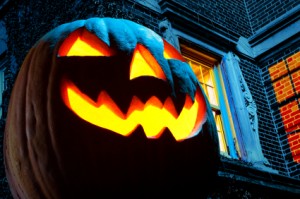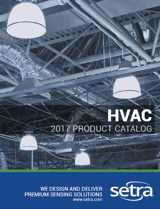Have you ever wanted to build your own Haunted House or Spooky Trail?
 I'm sure we've all thought about it one time or another. You know what I'm talking about. Places like amusement parks, fairs, or even a homemade one that your “Halloween Crazed” neighbors down the street built themselves. But how do they work?
I'm sure we've all thought about it one time or another. You know what I'm talking about. Places like amusement parks, fairs, or even a homemade one that your “Halloween Crazed” neighbors down the street built themselves. But how do they work?
We all see the gruesome figures, spooky lights, and hear the scary sounds, but did you know many of the animatronic props operate on pressure? Hidden within the attractions are compressors, air hoses, manifolds, controllers, relief valves, motion sensors and yes, even pressure transducers!
Each prop used in the attraction has a certain pressure range needed to properly operate and scare the unsuspecting visitors. The more props you use, the more pressure you need, so sizing your compressor (both storage & supply), tubing, and manifold are crucial for the right amount of scare. The smaller your compressor storage is, the more it has to run and nothing says scary like a compressor constantly running in the background.
The pressure transducers in the system will feed info back to the compressor to call for more, or less pressure for that particular prop or the overall system. Depending on the size and complexity of your attraction, the more transducers you may need to provide information back to your controller. While having a pressure transducer at each prop may seem excessive, you'll be guaranteed to have enough pressure for the prop to function correctly and run your compressor only when you need to.
Less running of your compressor means you are more efficient and more efficient means more money in your pocket. So, whether you are just trying to scare the neighborhood kids or building the next Mega-Halloween amusement park, Setra’s Model 209 or Model 3100 or Model 206 are sure to give you the reliability and accuracy you need to keep all your visitors properly frightened!
From all of us at here at Setra Systems, have a safe and Happy Halloween!


